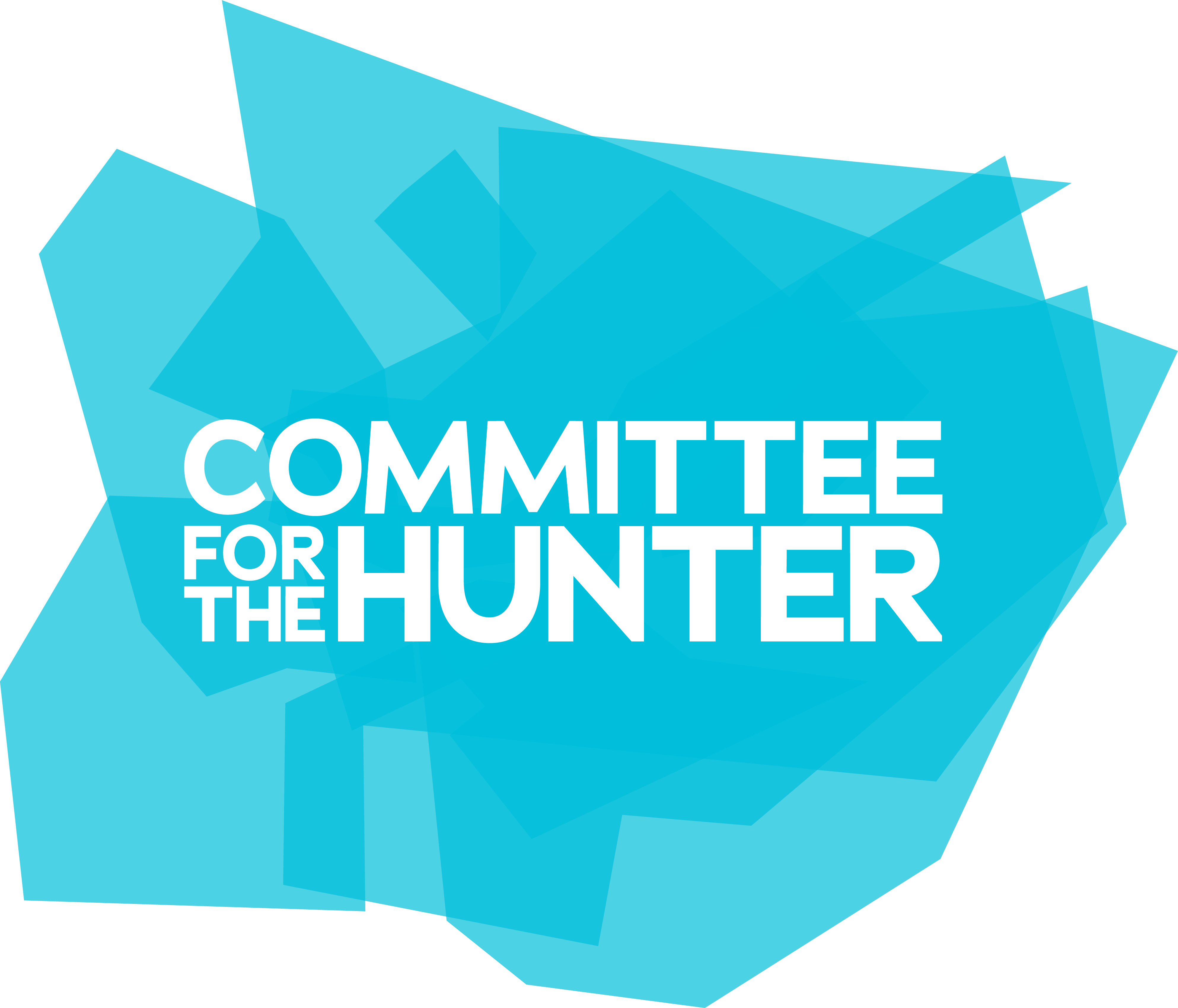Kelsey Gray, YC4H member
Newcastle Herald, 22 July 2021

I am 22 and about to start my career. I certainly don’t pretend to have all the answers to the world’s problems, but like a lot of Gen Zs, I’m passionate about many issues.
Reconciliation, female empowerment, and socioeconomic inequalities come to mind.
My recent appointment to the Youth Committee for the Hunter is one avenue in which I hope to address some of these challenges.
One issue which the Youth Committee is tackling is economic diversification and climate change as it applies to young people in the Hunter.
The words “climate action” symbolise to me new opportunities. Demand for clean energy, hydrogen, and abatement technologies is booming and creating increasingly lucrative new opportunities for Australia to enter the global market as a renewable energy exporting sup-power. Locally, it speaks of new opportunities in emerging industries such as hydrogen and green steel.
One of the counter-remarks that we hear is that climate action costs jobs, the economy, and livelihoods. I believe that this reductive thinking stifles opportunity and hope for the future.
We want to maintain economic prosperity and support the right for everyone in Australia to enjoy stable and secure employment.
I argue that failing to properly manage climate change will lead to these social inequities and large-scale job losses that opponents raise.
It is beyond inevitability that the global energy market and economy is changing. We have the opportunity to position the Hunter to grasp the benefits of this economic change rather than be subject to it.

Kelsey Gray
Every five years, the Australian Treasury releases an intergenerational report that envisions what the economy and federal budget will look like over the next 40 years.
In its 2021 report, Treasury acknowledged that Australia’s resources sector is now facing the reality that 129 countries have committed to net-zero emissions by 2050. This includes our key trading partners Japan and South Korea, and China, who has committed to carbon neutrality by 2060. In 2019-2020, these three countries accounted for 74 per cent of Australia’s thermal coal exports and 87 per cent of LNG export value.
These statistics are telling – if we don’t prepare for this transition then there will be significant implications for our export income.
The Australian economy, the Hunter regional economy, and jobs will suffer unless we put in place the readjustment processes that are necessary to prepare for this market disruption, and benefit from the change that is coming.
The Hunter economy is dramatically exposed to these impacts. How do we navigate the diversifying energy market and global transitions here in the Hunter? What does the future look like for young people in our region?
I believe this is the area in which we are failing. How can young people working in these industries see a brighter future for themselves in the Hunter if they are told that they will lose their jobs and their industry will collapse?
Climate action isn’t about demonising one industry, especially given that our region’s coal and energy industries give us a head start in the emerging low carbon economy.
We risk a generation of smart and experienced workers leaving the Hunter to find work.
One of the questions which the committee asks is how we create the new opportunities and jobs and then connect the affected workforce and communities to them.
A report from Beyond Zero Emissions has already shown that we can deliver 50 000 jobs in the Hunter in just five years, and 115 000 jobs in 10 years if we invest in renewables and low-emissions projects.
We need to change the divisive narrative in public debate on climate change that prevents us from moving forward. We can’t let the dialogue of fear and risk mask the dialogue of opportunity.
Climate action isn’t about demonising one industry, especially given that our region’s coal and energy industries give us a head start in the emerging low carbon economy. Any sort of discourse that purports to do so is counter-productive.
As I embark on my career, what I envision is future-focused leadership that can unite our region and bridge traditional industries to the jobs of today and tomorrow.
I may not have all the solutions to achieve this on my own, but I know that the collective experiences and knowledge of the Youth Committee will help shape the future young people want to see.
Kelsey Gray, of Lake Macquarie, is on the nine-member Inaugural Youth Committee appointed by independent advocacy organisation Committee for the Hunter
